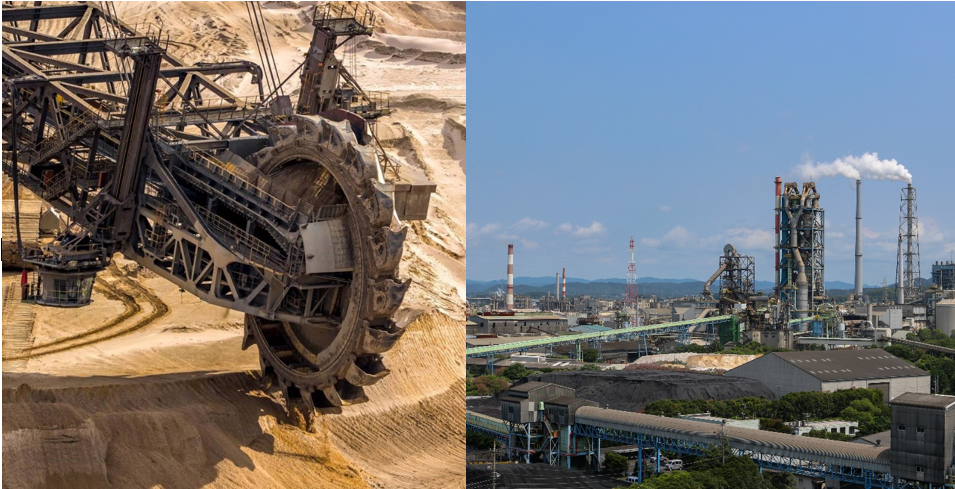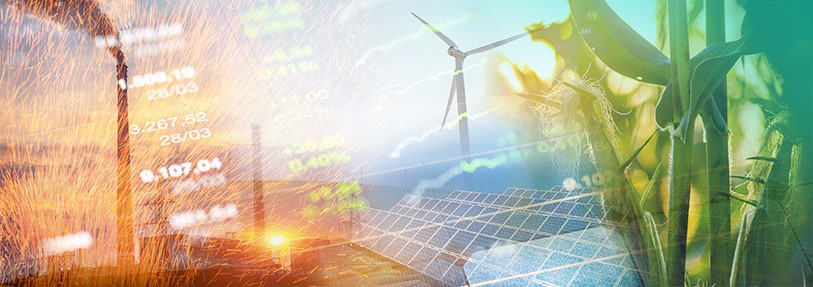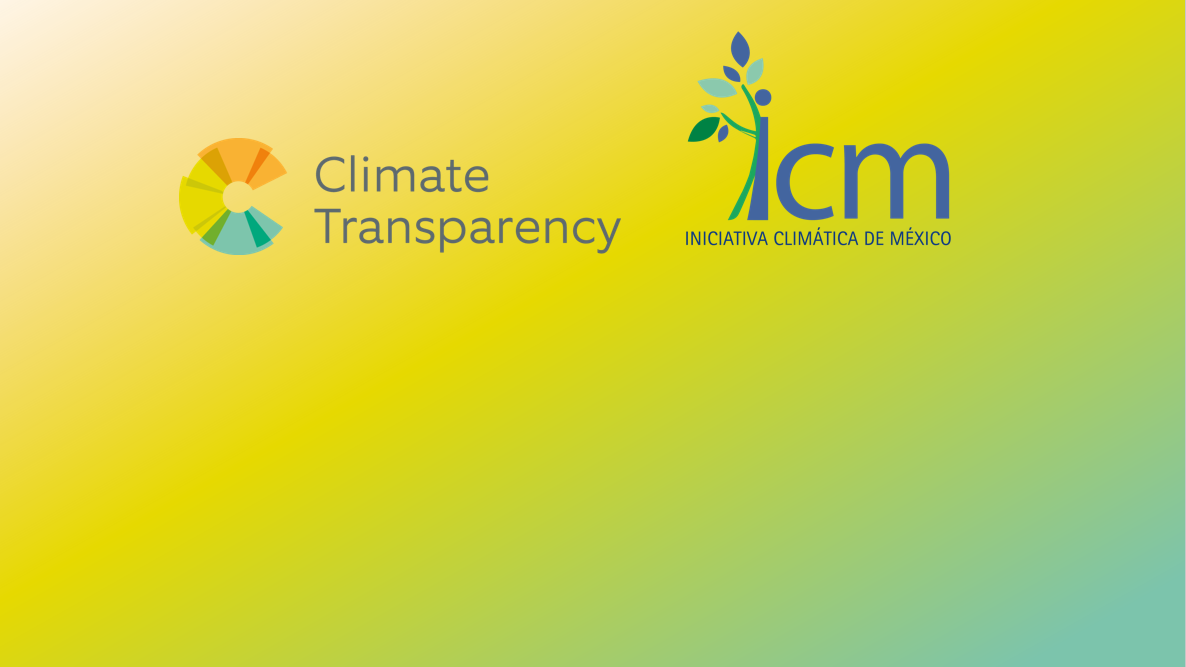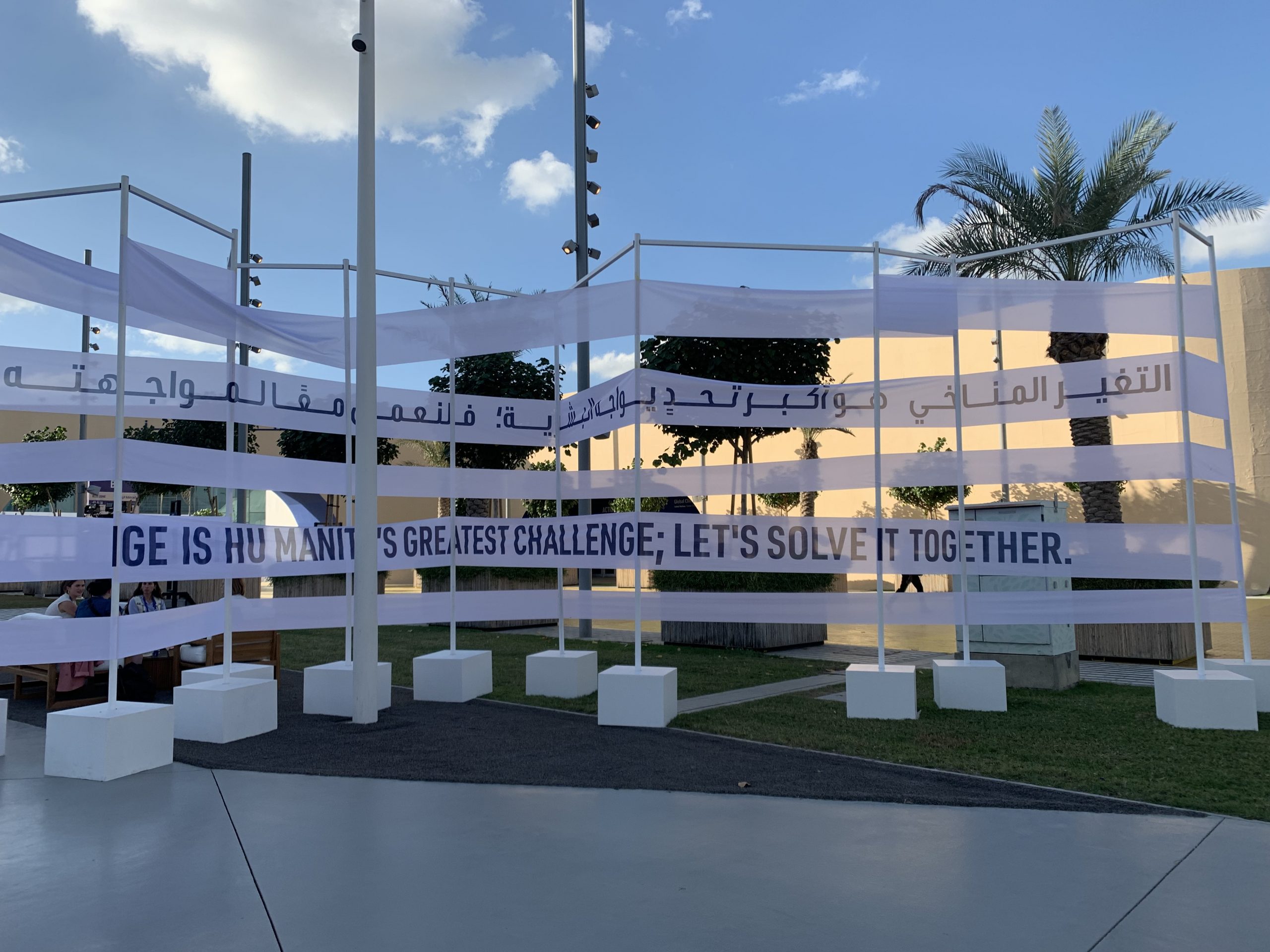The German Embassy in Tokyo, the Institute for Global Environmental Strategies and Climate Transparency hold an online event on 18 December 2020:
“Beyond coal – Towards net-zero emissions:
A common challenge for Japan and Germany”
In a major shift away from coal and other fossil fuels, Japan and Germany have both pledged to reduce greenhouse gas emissions to net-zero by 2050. This is an important step to achieve the climate goals under the Paris Agreement.
Prime Minister Yoshihide Suga emphasized in his first speech to the Parliament, that climate action is not a constraint for the economy, but will instead facilitate changes in the industry structure leading to great growth. In the future, energy will largely come from renewables and the country plans to advance nuclear energy policies with the highest priority on safety.
While Japan has announced “radical changes in the policy for coal-fired power generation”, Germany has already passed legislation to end coal-fired power generation by 2038 at the latest. Although this marks a major step in Germany’s Energiewende, the law has been criticized for falling short of climate targets and granting coal companies too much compensation. To implement the coal phase-out, the German government is supporting structural reform processes in its coal regions.
This online event brought together high-level government representatives, business, think tanks, and NGOs from Japan, Germany, and other countries to discuss:
- What does a net-zero emissions pledge mean for the coal sector?
- What role can renewables and hydrogen play in domestic and overseas markets?
- How can Japan and Germany collaborate and encourage other countries to decarbonize, as part of their technology export strategies?
AGENDA
Facilitator: Yukari Takamura, University of Tokyo
16.00-16.10 WELCOME
Ina Lepel, Ambassador of the Federal Republic of Germany in Japan
Kazuhiko Takeuchi, President, Institute for Global Environmental Strategies (IGES), Japan
16.10-16.20 “THE LONG WAY OUT” – GERMANY AND COAL
Hannah Schindler, Senior Project Coordinator, Climate Transparency
16.20-16.50 “….AND NOW A FAST RUN” – HOW FAST CAN WE, HOW FAST DO WE NEED TO REDUCE EMISSIONS FROM COAL?
Japan and Germany both committed to reduce greenhouse gas emissions to net-zero by 2050. This conversation will explore what this means for the phase-out of coal in both countries.
Hiroshi Ono, Director General, Global Environment Bureau, Ministry of the Environment, Japan
Karsten Sach, Director General, International and European Policy, Climate Policy, Federal Ministry for the Environment, Nature Conversation and Nuclear Safety, Germany
16.50-17.05 Q&A
RUNNING TOGETHER: INTERNATIONAL COOPERATION FOR DECARBONIZING THE WORLD
Along with the principle of not financing new coal power projects, Japan’s new Infrastructure System Export Strategy set forth an approach of encouraging other countries to make the shift to decarbonisation by offering assistance with policy formulation and providing a range of decarbonisation technology options. This Session will discuss how to promote developing countries’ decarbonisation through policy engagement and the provision of technology options.
17.05-17.20 AN ANALYSIS OF JAPAN’S NEW INFRASTRUCTURE SYSTEM EXPORT STRATEGY
Kentaro Tamura, Programme Director, Climate and Energy Area, Institute for Global Environmental Strategies (IGES), Japan
17.20-17.45 ROUND OF COMMENTS BY
Toshihiko Masui, Head, Center for Social and Environmental Systems Research (Integrated Environment and Economy Section), National Institute for Environmental Studies (NIES), Japan
Jürgen Kern, Director Corporate Strategy and Sustainability, KfW Group
Neil Miyabe, Head, Global Business, RENOVA, Inc.
Fabby Tumiwa, Executive Director, Institute for Essential Service Reform, Indonesia
17.45-18.00 Q&A AND SUMMARY





